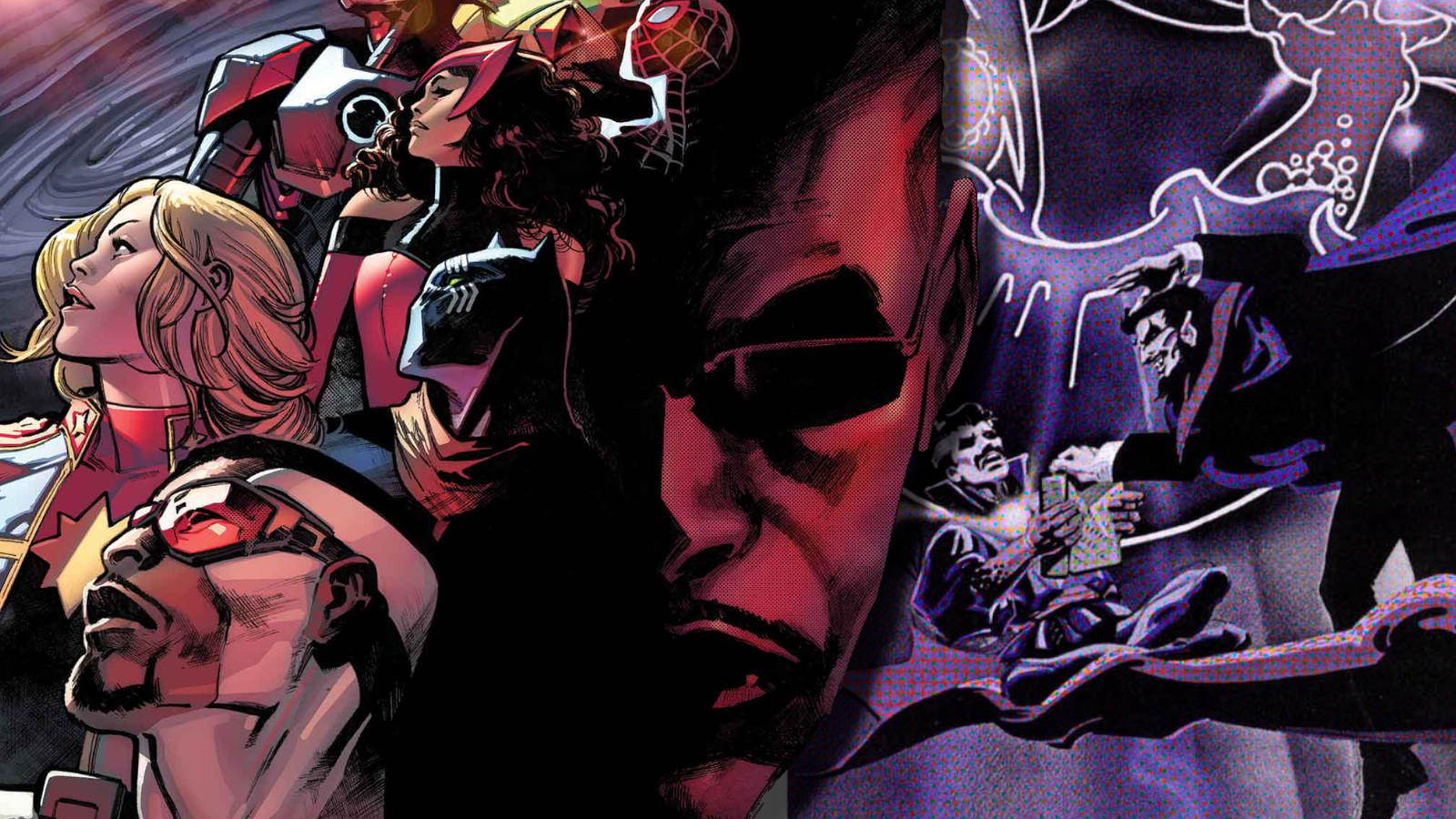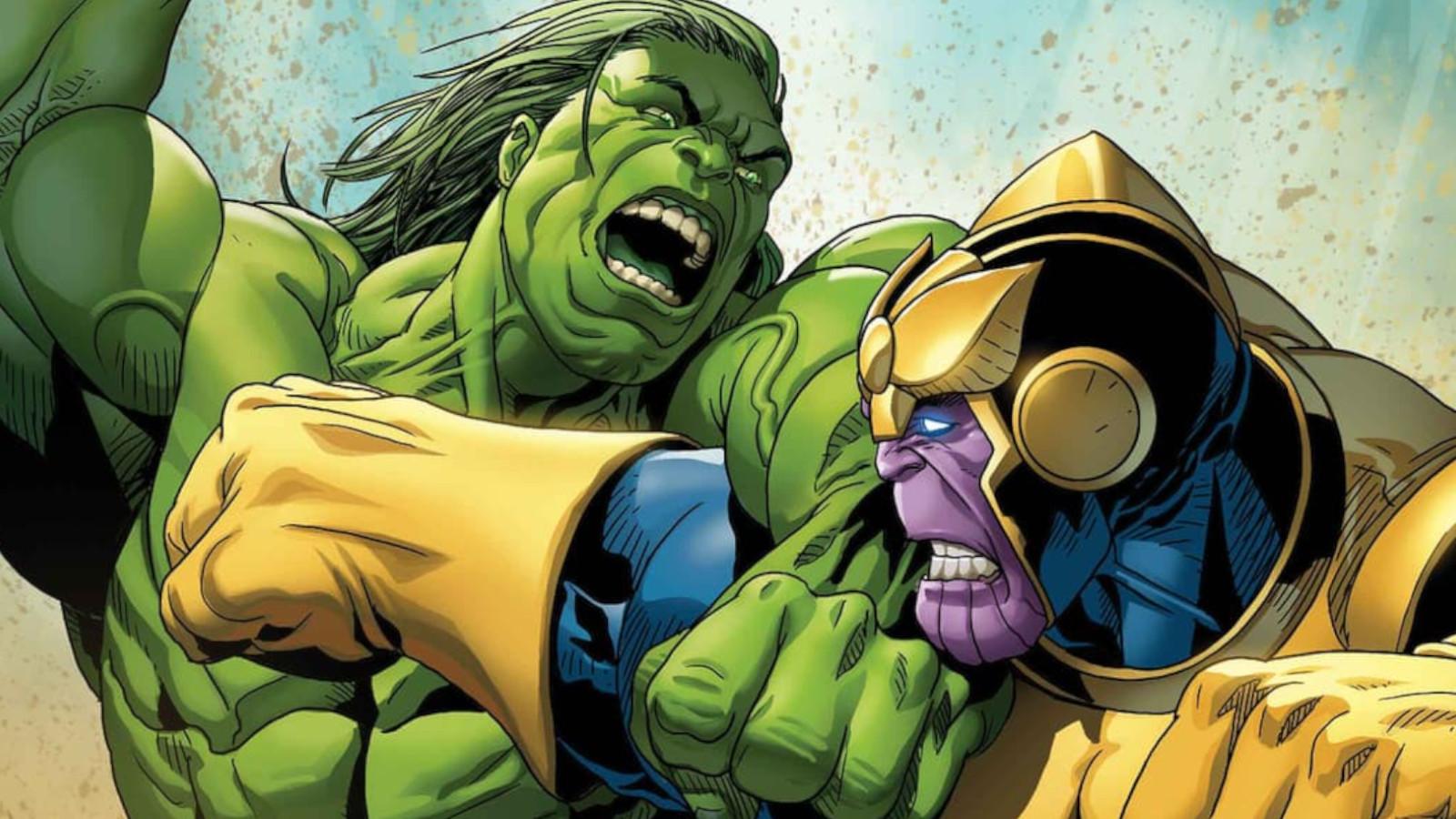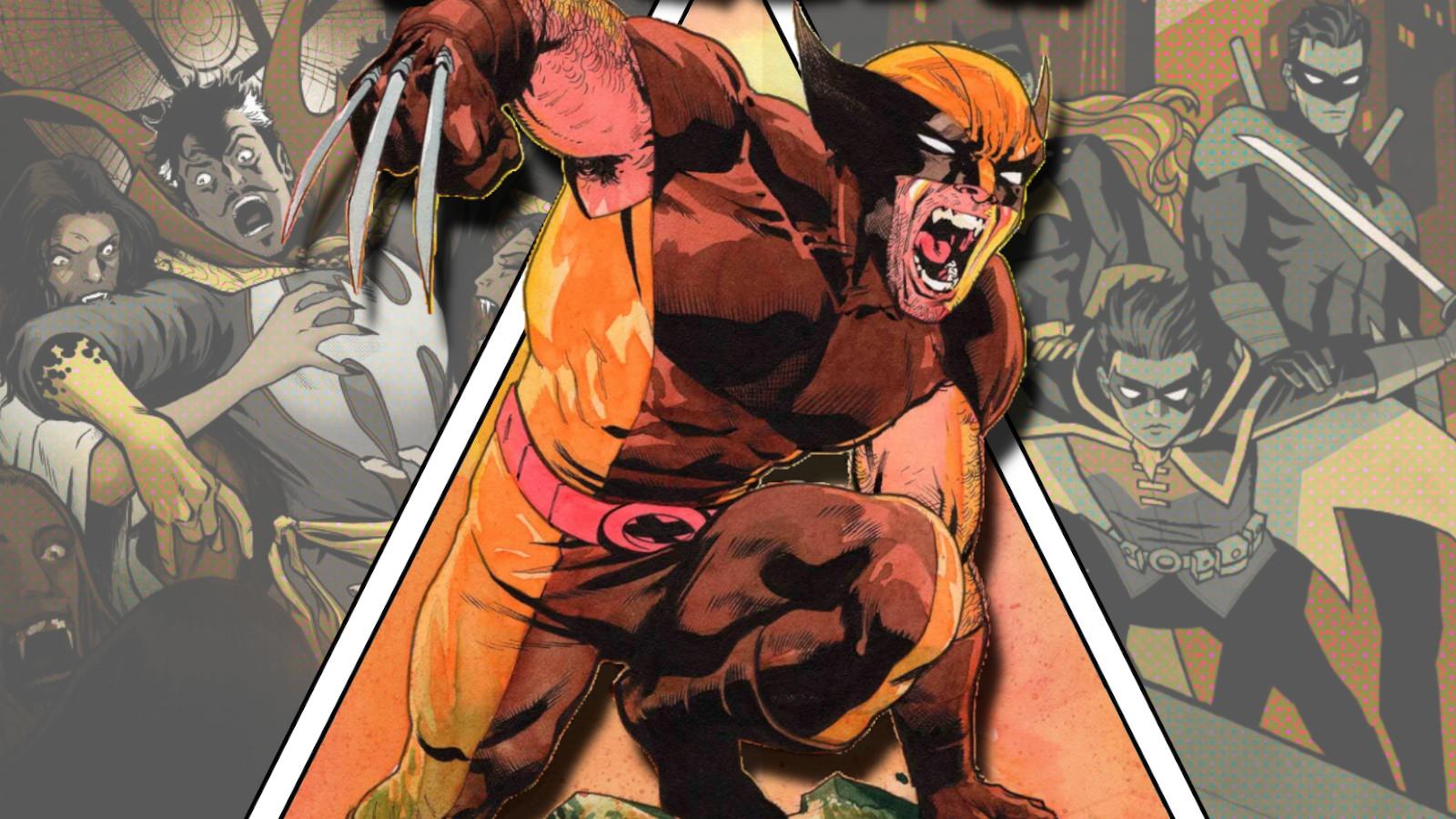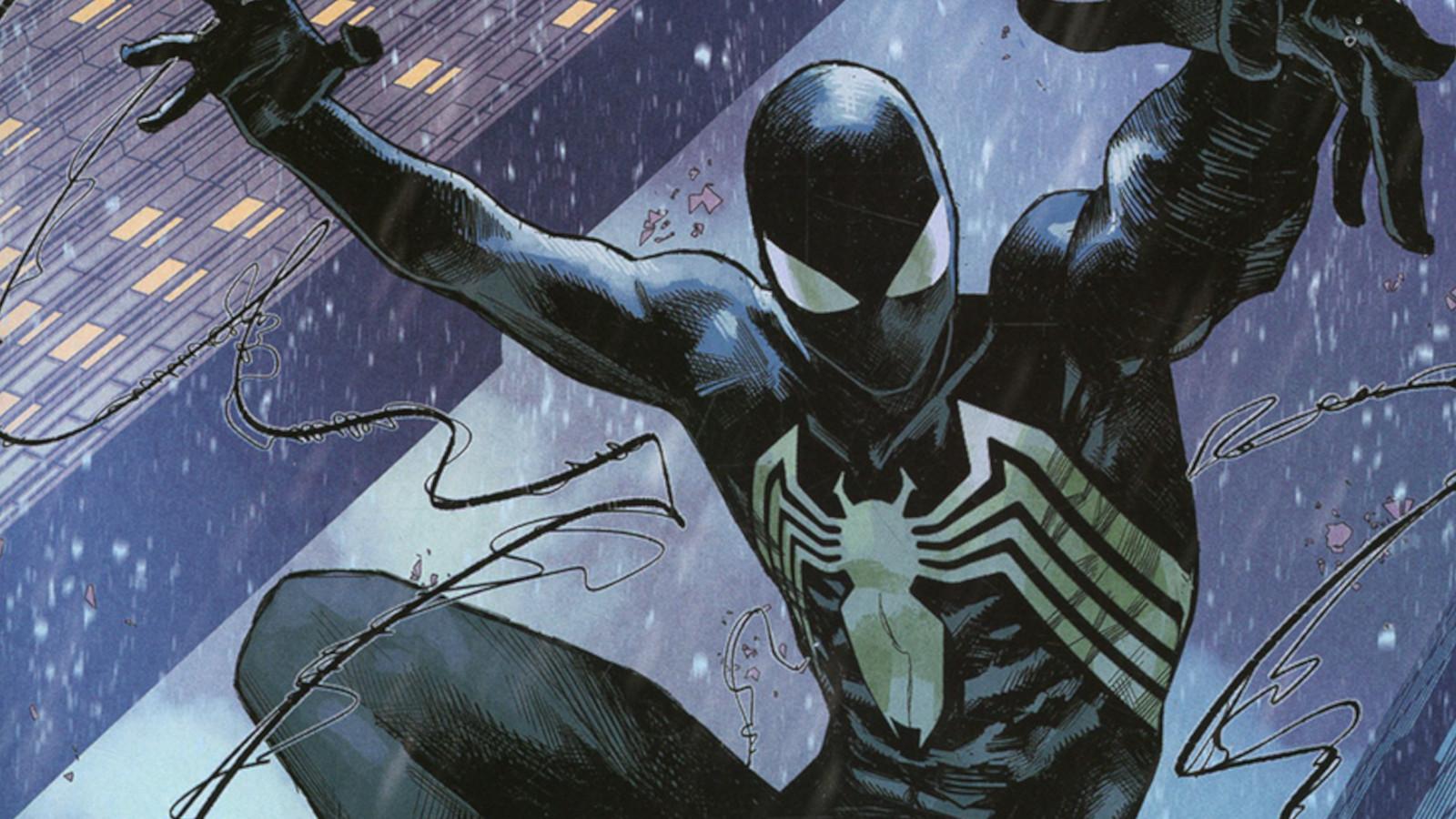Green Lantern will explore “brutal” reality of a gay superhero in the 1940s
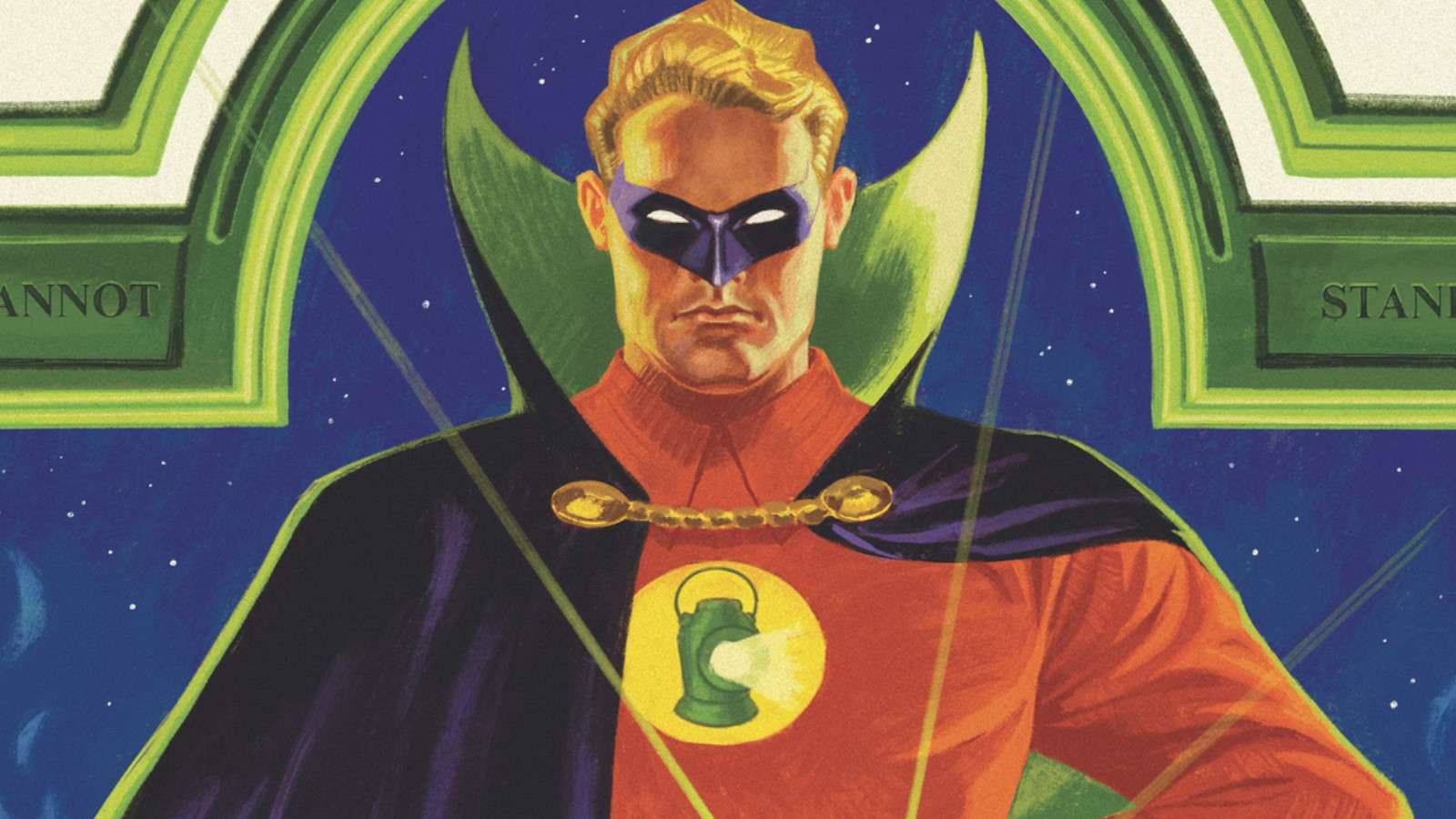 DC Comics
DC ComicsAlan Scott: The Green Lantern will explore the character’s life as a closeted gay man in the ’40s.
The original Green Lantern, Alan Scott, was revealed to be gay in 2021. Now, a new comic will explore just what it meant to be a beloved superhero who was also gay in the 1940s.
Part of DC’s upcoming New Golden Age initiative involves returning to characters who may not have gotten as much play recently. The Justice Society of America was brought back to the main DC Universe with Doomsday Clock, but they’ve been in the background for the most part.
New Golden Age is finally paying off their return, starting with the recent Justice Society of America mini-series. This saw a future version of Batman’s daughter, The Huntress, brought to the present.
The initiative is now moving to focus on individual heroes. Ahead of the release of the upcoming Alan Scott: The Green Lantern, writer Tim Sheridan revealed the story will explore not just Scott’s heroism but also what life was like as a gay man who happened to be a superhero in the 1930s and ‘40s.
Alan Scott: The Green Lantern explores the reality of a gay superhero during World War II
In an interview with ComicsBeat, Sheridan spoke frankly about the importance not just of Alan Scott, the hero, but Alan Scott, the man.
“We’ve seen him out of the closet and that makes for a very different look at a guy, like you said, we didn’t feel like we knew much about him. Now we know a lot about him personally and you have to wonder what does that mean at the point of his origin?,” Sheridan asked.
“In the 1930s and 1940s, what did it mean to be a closeted gay man but also a superhero heralded in the light but a criminal at night in your own bedroom? How does that make him feel, especially after having just been a part of the formation of the Justice Society? There is a darkness and pathos throughout the story. The story is about a man coming out of the darkness into the light. In order to tell that story, we’ve got to begin in the darkness. We’re going to see some very brutal but honest stuff about what it means to be a guy like Alan in the 1930s.”
Alan Scott has had a long history with DC Comics, and his backstory has been changed by various timeline resets more than most. Debuting in a 1940 issue of All-American Comics, Alan Scott was the Green Lantern of the Golden Age, eventually established to be the Green Lantern of Earth-2 when Hal Jordan became the reimagined Green Lantern in the Silver Age.
After Crisis on Infinite Earths, Alan was re-established as the Green Lantern of World War II. Alan remained a superhero throughout the ‘90s and ‘00s, often mentoring a new generation of heroes as a member of the JSA. He was best known as a family man, having been married twice and having two children who were heroes in their own right, Jade and Obsidian.
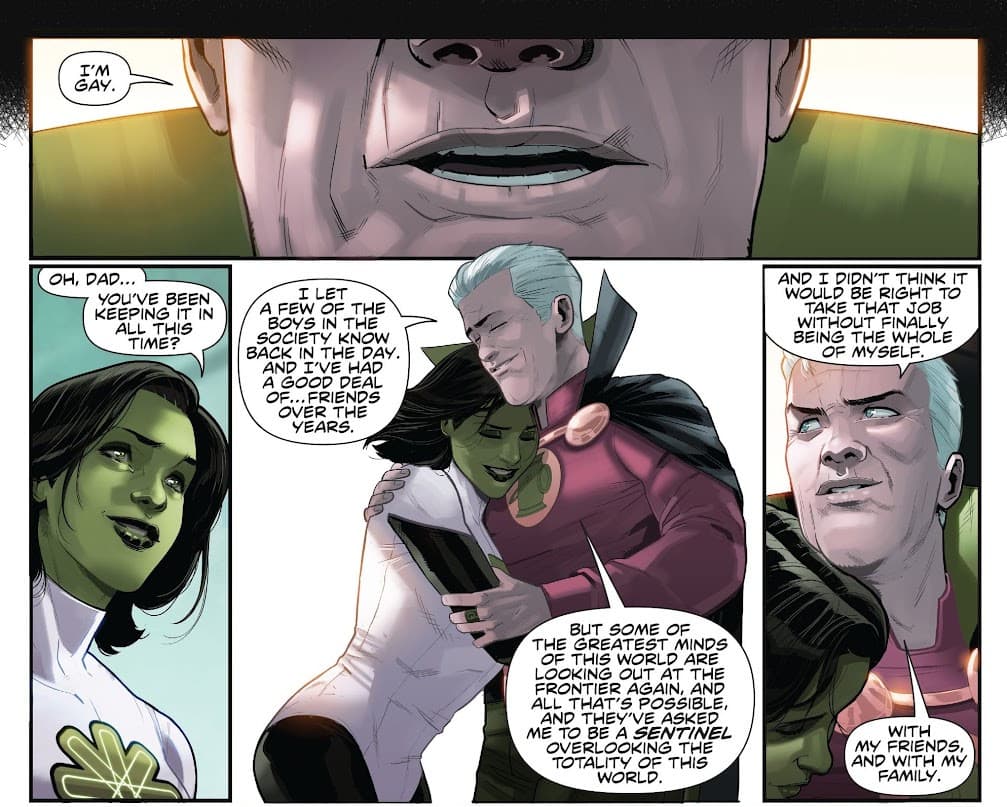 DC Comics
DC ComicsThe New 52 radically changed that with the decision to reinvent Alan Scott for the title Earth 2. In the new timeline, Alan Scott became one of DC’s most prominent gay superheroes. Though not the company’s first gay superhero, the decision to reinvent Alan as a gay man made headlines when it was announced.
When the JSA returned after Doomsday Clock, the incarnations who returned were established as being the original Golden Age versions. Alan’s identity as a gay man is one of the few major changes that stuck. He would come out to his children in Infinite Frontier #0, establishing the character to have always been a closeted gay man.
The upcoming story is one of the first stories to truly explore Alan’s sexuality, especially through the lens of his superheroism. How that brutal reality ties him to the new Red Lantern will be revealed when Alan Scott: The Green Lantern hits shelves in December.
For more news on Green Lantern and DC Comics, make sure to follow all our coverage.
